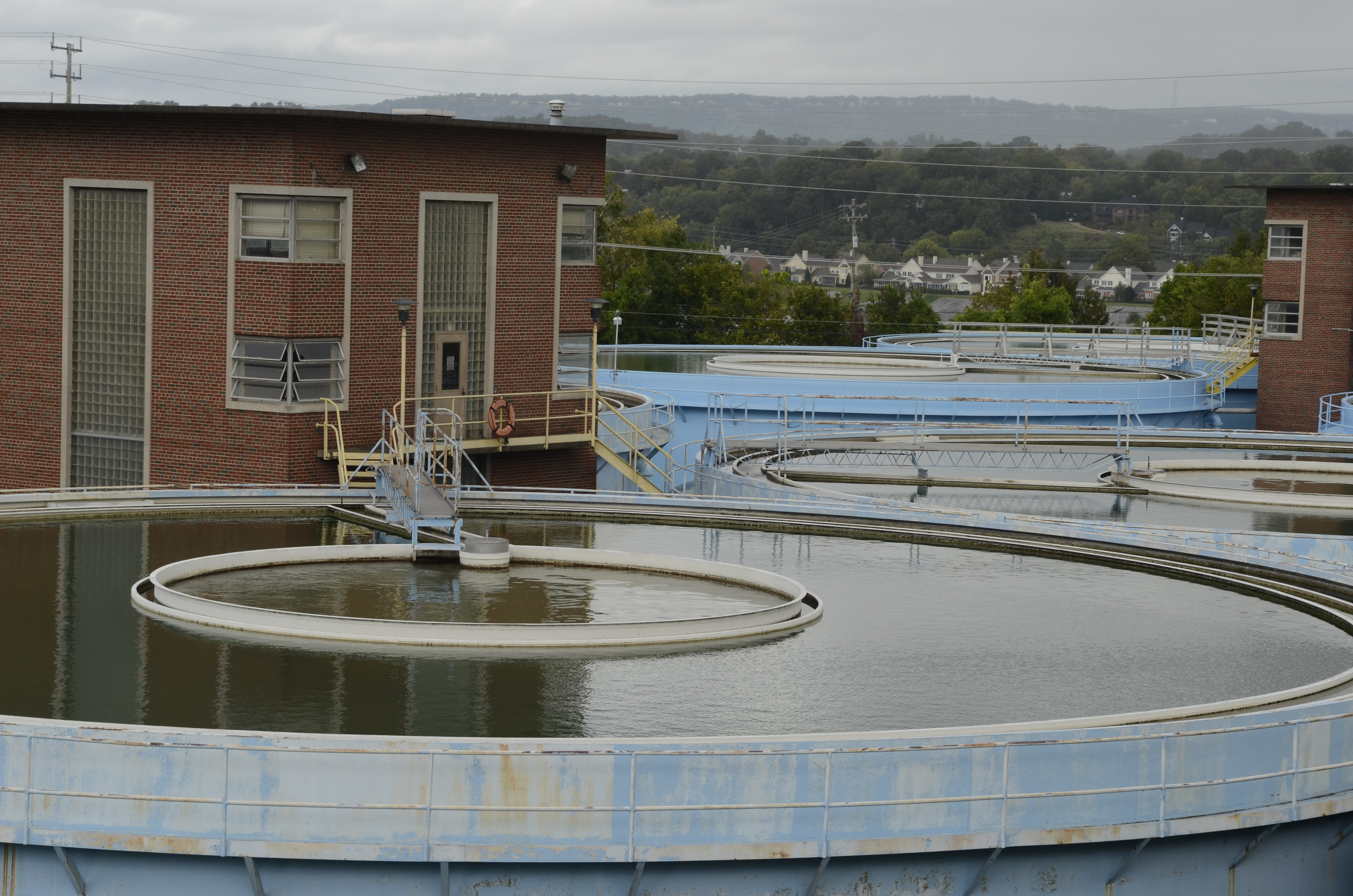Clean water: Chattanooga area advocates call for tougher Tennessee River restrictions
Wednesday, January 15, 2014
FAST FACT
According to Tennessee Department of Environment and Conservation records, at least 12 permitted industrial companies near the banks of the Tennessee River or on one of its tributaries are upstream from Tennessee American Water's intake near Citico Creek.
Last week's disastrous chemical spill in Charleston, W.V., that left 300,000 residents without water should be a wake-up call for Chattanooga and the rest of the state, clean water advocates say.
On Thursday, an aged storage tank containing MCHM, a compound used to clean soil and minerals off mined coal, leaked 7,500 gallons of the chemical into West Virginia's Elk River near Charleston. From there, it entered the drinking water systems of nine counties and hospitalized numerous residents as a result. Lacking means to immediately remove the pollutant, government officials in West Virginia could only tell residents not to use the water.
Reports show the storage tank had not been inspected in decades.
Tennessee Clean Water Network Executive Director Renee Hoyos said the Scenic City is also a river town with no shortage of industry upstream from drinking water intakes.
Government agencies in Tennessee don't keep close enough tabs on large chemical storage facilities along waterways, she said. And even experts in the clean water world have not explored or considered spills like the one in West Virginia.
"Until this happened, we hadn't really though much about that kind of spill," Hoyos said. "I think this spill has highlighted an area that is not cradled by a law. ... I think it's a wake-up call for everyone."
Shannon Ashford, spokeswoman for the Tennessee Department of Environment and Conservation, said in an email Monday the state does not specifically regulate or evaluate chemical product storage tanks -- unless there is a spill.
TDEC's division of water resources does inspect industrial facilities and individual companies that store materials or compounds that could leak into stormwater and eventually into the state's rivers.
That group includes everything from mechanic shops to large chemical manufacturers. Sites are inspected at the time the permit is requested or renewed. But Ashford said inspectors do not check the structural integrity of storage containers.
"During those inspections, staff look for signs of chemical discharge from the plant that may have entered the plant's outfalls. Staff will also look for structural controls that would contain [or] control chemicals in the event of a spill. We do not inspect the structural integrity of tanks during these inspections," Ashford said.
According to TDEC records, there are at least 12 permitted industrial companies upstream from Tennessee American Water's intake near Citco Creek that are near the banks of the Tennessee River or on one of its many tributaries.
The companies include Puma Polymers, a plastic and resin manufacturing company; NA Industries, which produces super absorbent polymers; BASF Corp., which makes synthetic rubber; Univar USA, a bulk chemical distributor; and others.
Tennessee American Water officials Monday said the company can't prevent spills from happening, but it does have plans in place to respond to emergencies. And those plans are updated routinely to account for changes in the river and the agencies operating on it.
"American Water continuously coordinates with responsible state and federal agencies and participates or leads many joint industry and government research projects and working groups to review and recommend ongoing improvements to the water sector," company spokeswoman Daphne Kirksey said in a statement Monday.
On Tuesday Kirksey said she could not share details of the company's emergency preparedness or water quality testing plans, citing Department of Homeland Security rules.
Duncan Mansfield, a Tennessee Valley Authority spokesman, said Tuesday the TVA monitors water quality at its sites, but TDEC heads up river-wide monitoring.
Hoyos said it's time someone at the state or federal level starts taking charge to ensure a spill like West Virginia's doesn't happen in the Volunteer State.
"TDEC has made it clear that it's not their [responsibility], and TVA has said it's not theirs. So who is going to step up and see that this doesn't happen?" Hoyos said. "I think people should be concerned, and our state agencies should be looking into ways to keep this from happening," Hoyos said.
Contact staff writer Louie Brogdon at lbrogdon@timesfreepress.com or at 423-757-6481.

